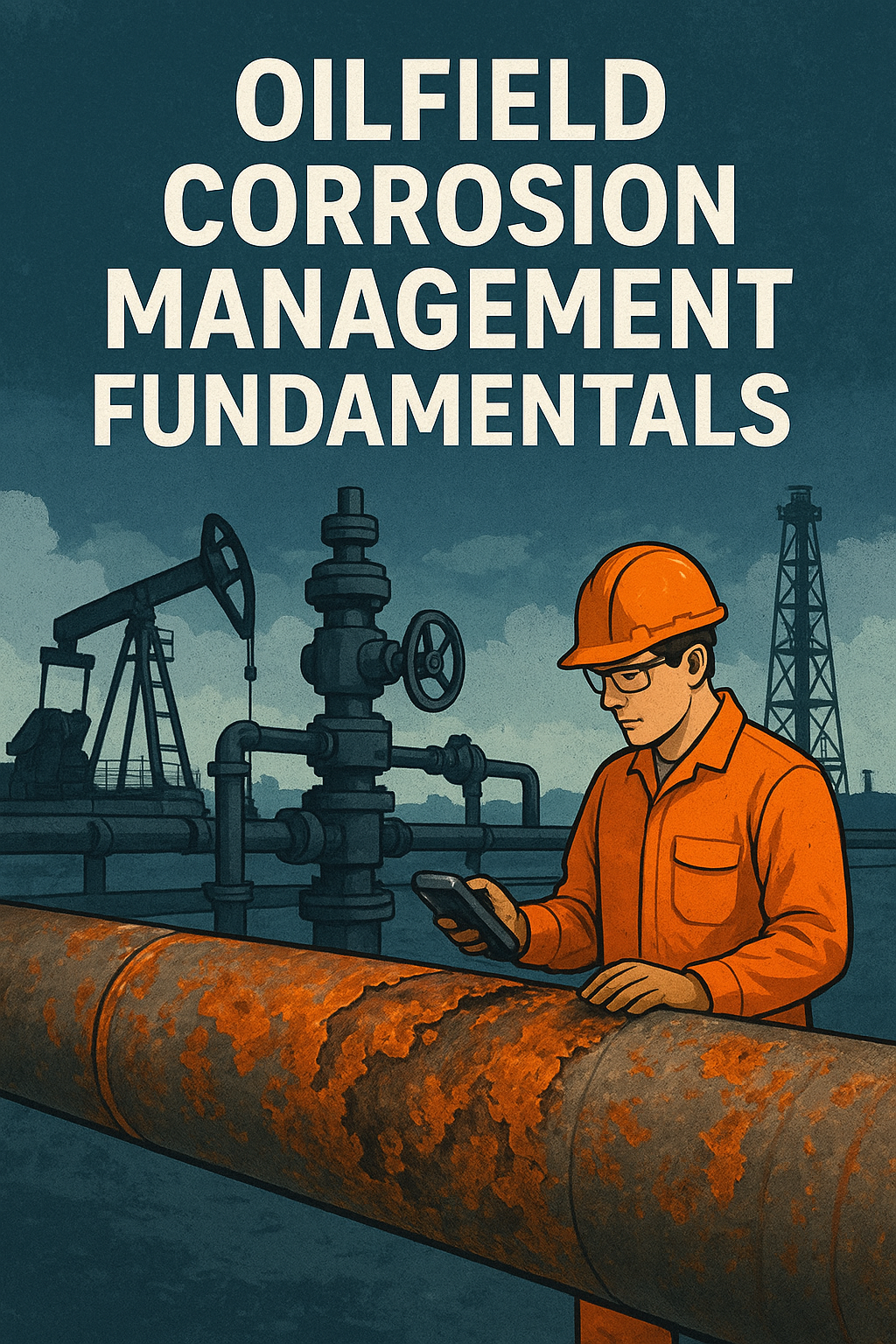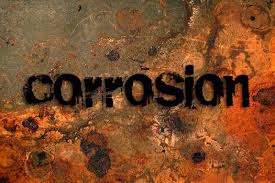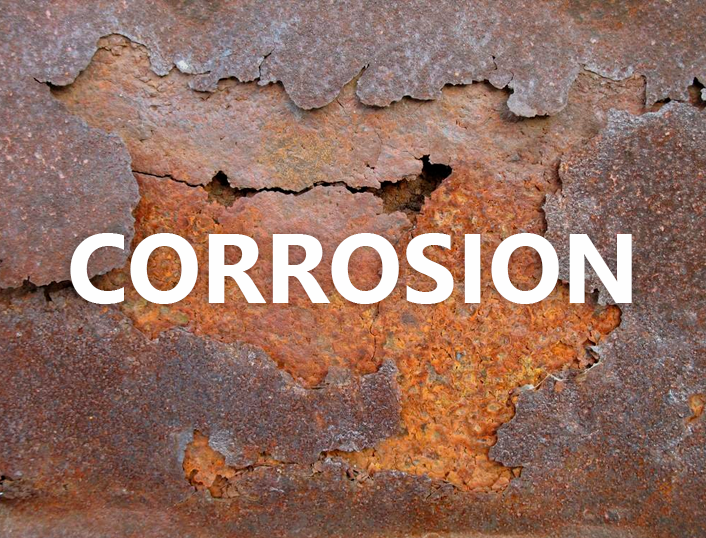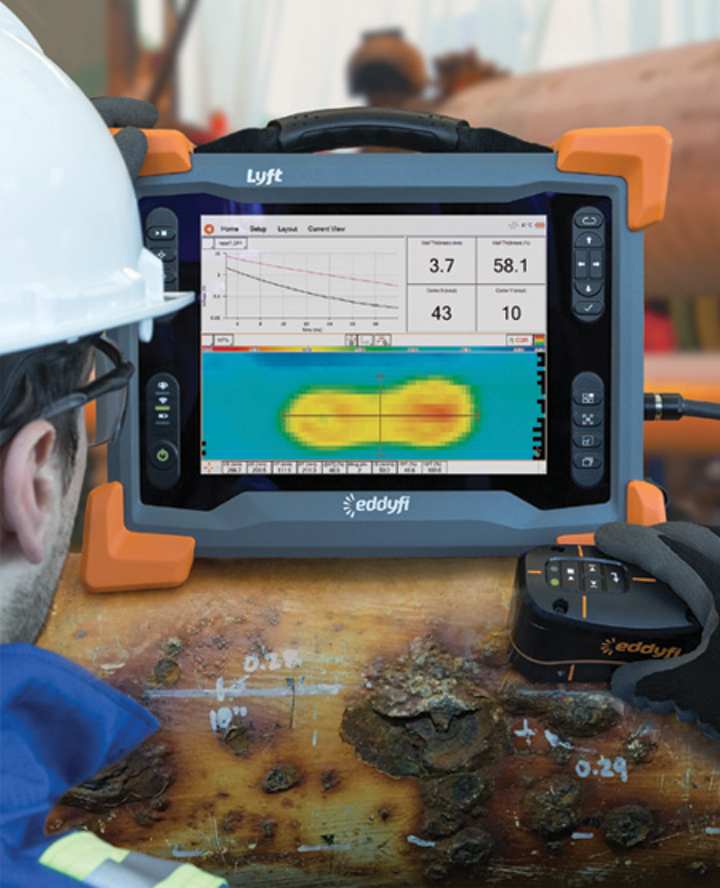

By the end of the course, participants will have learned how to identify the corrosion mechanism, estimate and predict the corrosion rate, select material for different corrosion environments, evaluate and select corrosion inhibitors for different corrosion environments, and estimate the erosion rate. Participants will also learn how to select the corrosion monitoring techniques and elaborate on a corrosion management plan for pipeline.
By the end of this course, delegates will be able to:
Corrosion Control Engineers & Personnel, Process Engineers, Metallurgists, Inspection Personnel, Mechanical Engineers, Material Selection Personnel, Plant Contractors, Operations Engineers, Team Leaders & Supervisors, Maintenance Engineers, Maintenance Supervisors, Senior Plant Supervisors, Mechanical Engineers, Corrosion Control & Monitoring Systems Personnel, Equipment Engineers, Maintenance Engineers and Planners, Team Leaders, Managers & Coordinators, Construction Coordinators, Technologists, Safety Officers, Maintenance Team Leaders & Engineers, Design Engineers, Service Company Representatives, Oil and Gas Production Facilities Personnel, Chemists, Chemical Engineers, Inspectors and Inspection Engineers & Supervisors, Technicians and Supervisors, Environmental Specialists, New Petroleum Engineers, Asset Management Personnel, Construction Engineers, Refinery Chemists, Chemical Engineers, Personnel who are / will be responsible for detecting, inspecting, monitoring, controlling corrosion in oil and gas piping, pipelines used in production operations and Personnel responsible for metallurgy, corrosion or the prevention of failures in plant and equipment
Corrosion Principles and Classification
CO2 and H2S Corrosion and Corrosion Inhibition
Material Selection
Erosion
Pipeline External Corrosion
CDGA attendance certificate will be issued to all attendees completing minimum of 80% of the total course duration.
| Code | Date | Venue | Fees | Register |
|---|---|---|---|---|
| ME105-02 | 03-05-2026 | Amman | USD 5450 | |
| ME105-03 | 05-06-2026 | Dubai | USD 5450 | |
| ME105-04 | 19-10-2026 | Kuala-Lumpur | USD 5950 |

The pursuit of assets corrosion management should be an objective of any organization. The course contents fully explain the corrosion process, forms of corrosion, corrosion control within the framewo ...

The annual losses due to corrosion and the cost of rectification run to several billion dollars in oil & gas exploration industries around the world. High production under aggressive and extreme opera ...

Corrosion problems have always presented a severe challenge to oil and gas producing operations. Operators plan for long periods of continuous production with maintenance scheduled for the prescribed ...

Corrosion problems have always presented a severe challenge to oil and gas producing operations. Operators plan for long periods of continuous production with maintenance schedules for the prescribed ...

The production of gas and oil is often accompanied by water and acid gases, such as (H2S) and (CO2) are often present in produced fluids. These increase the corrosivity of the process, which can signi ...
Providing services with a high quality that are satisfying the requirements
Appling the specifications and legalizations to ensure the quality of service.
Best utilization of resources for continually improving the business activities.
CDGA keen to selects highly technical instructors based on professional field experience
Since CDGA was established, it considered a training partner for world class oil & gas institution
3012, Block 3, 30 Euro Business Park, Little Island, Co. Cork, T45 V220, Ireland
Mon to Fri 09:00 AM to 06:00 PM
Contact Us anytime!
Request Info